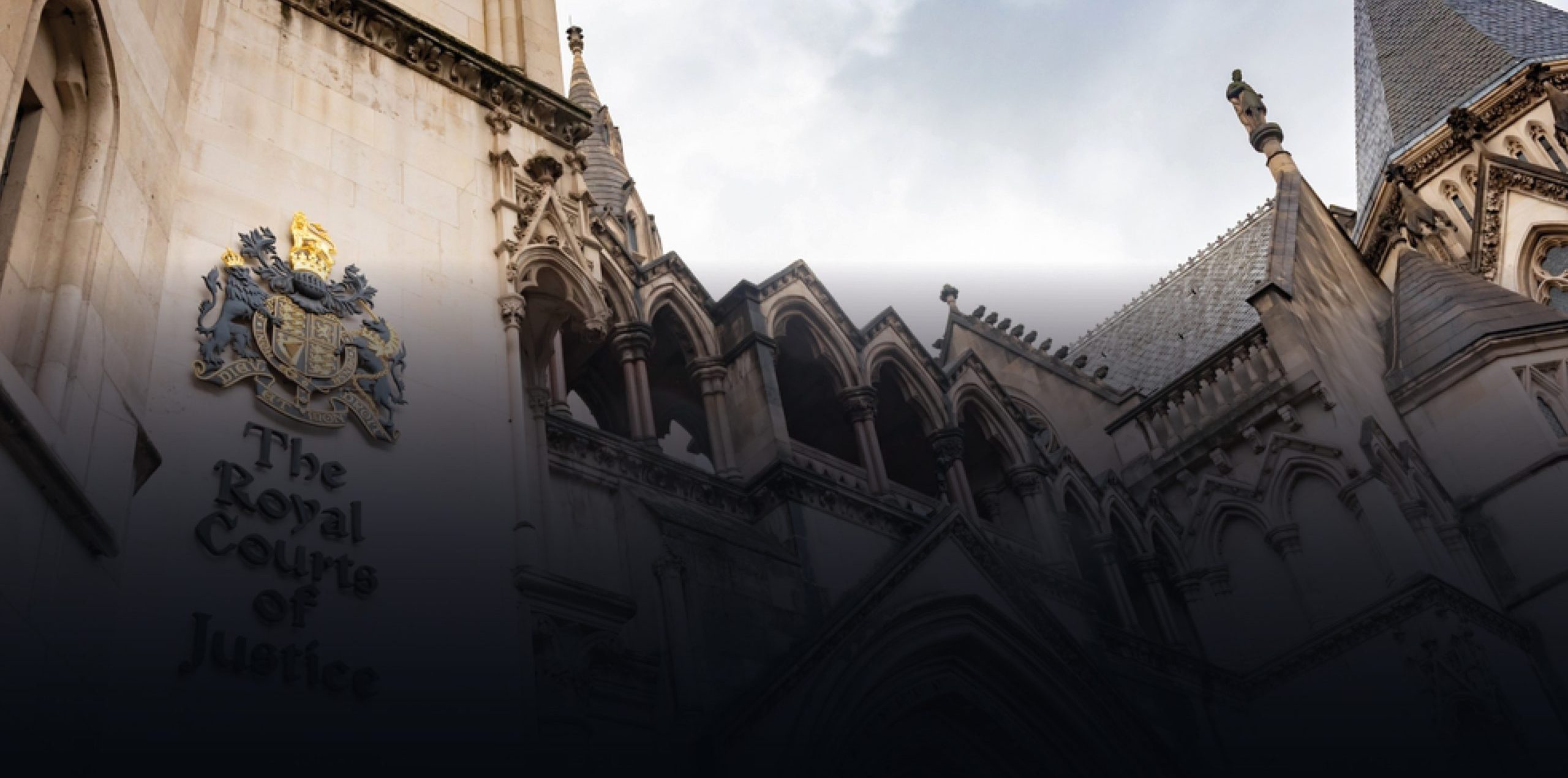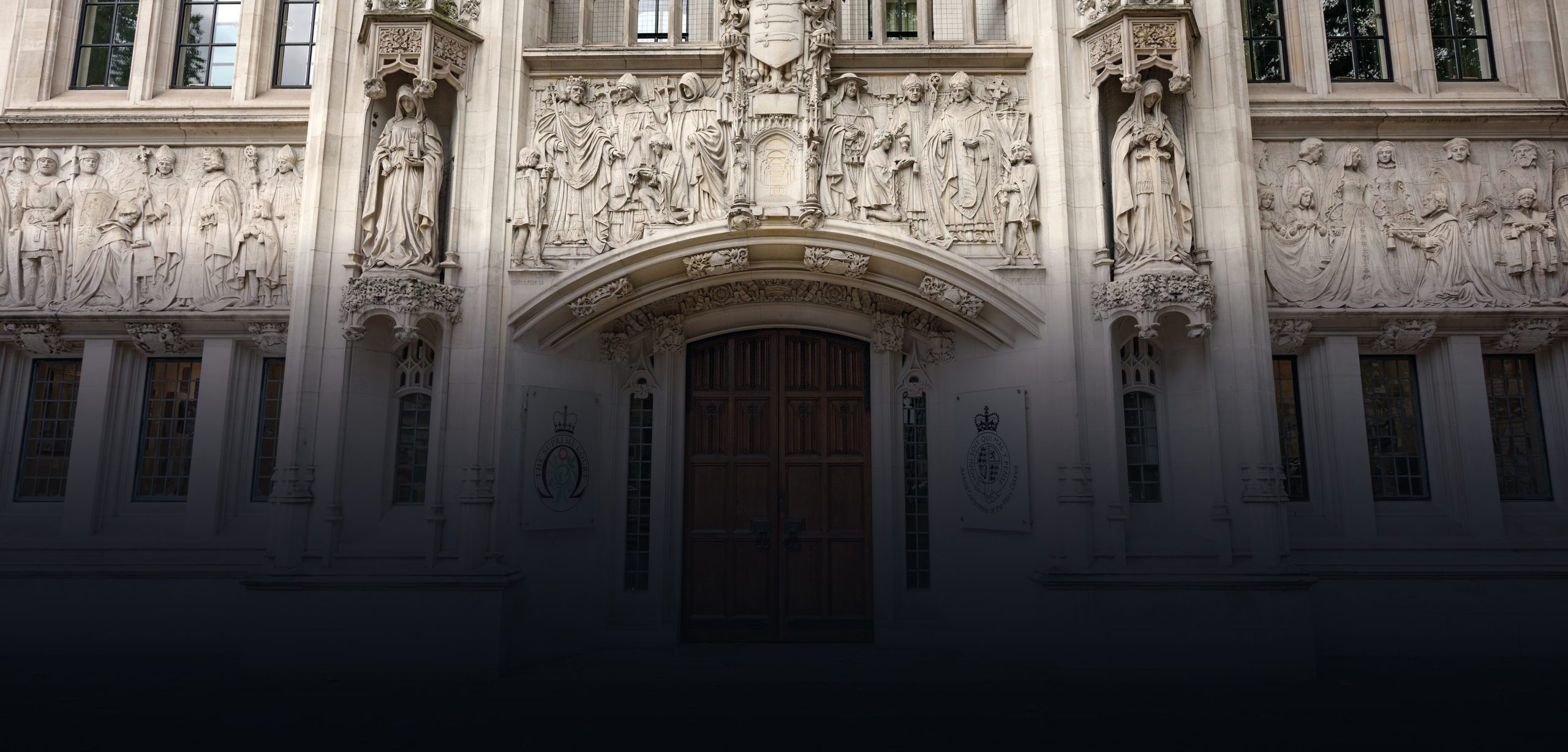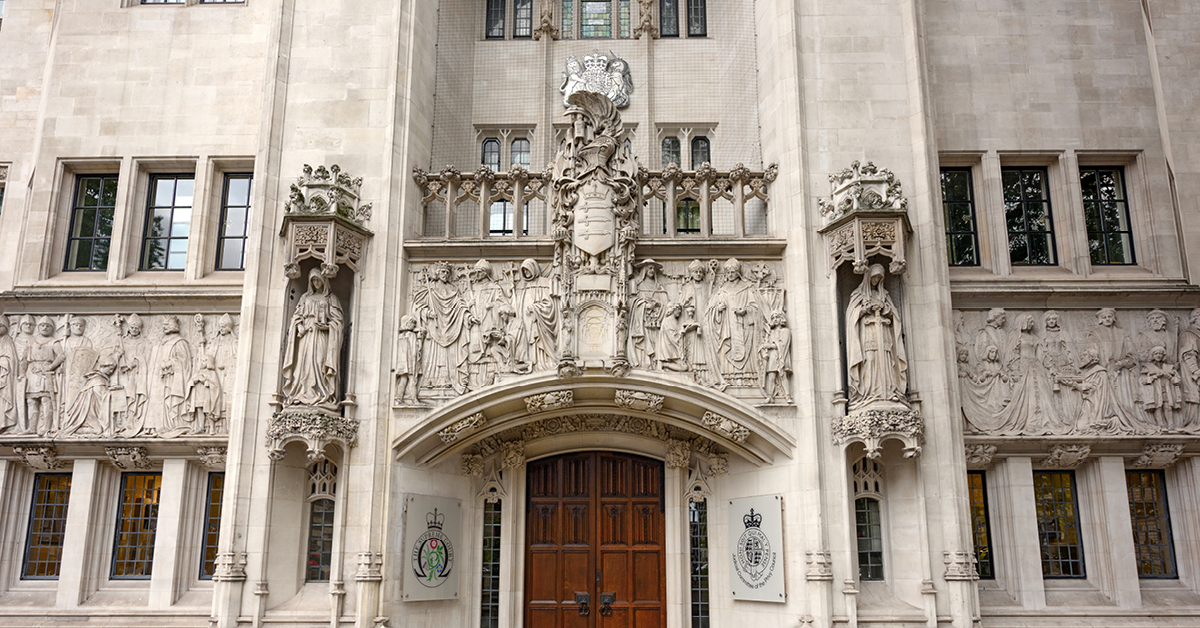On 2 July 2025, the Supreme Court unanimously dismissed the wife’s appeal, confirming that the Court of Appeal’s approach in determining the wife’s entitlements under the sharing principle of £25million were correct.
The Supreme Court then gave the following legal principles in respect of the sharing principle:
The sharing principle & matrimonial property
The sharing principle applies to matrimonial property. Matrimonial property compromises the fruits of the marriage partnership, it reflects the marriage partnership. The ownership of an asset at the point of divorce (‘title’) is not determinative and an award based on title would run counter to the discrimination and sharing principles.
The sharing of matrimonial property should normally be on an equal basis. Although there can be justified departures from that, equal sharing is the appropriate and principled starting position. Once non-matrimonial property is excluded, much of the justification for not applying equality in sharing fades away.
Non-matrimonial wealth
Agreeing with the position put forward on behalf of Mr Standish, the Supreme Court determined that sharing does not apply to non-marital property. This finding provides welcome certainty and ends speculation in earlier cases that it was theoretically possible to share non-marital property. It is now beyond doubt that access to non-marital property is strictly limited to claims on the basis of ‘need’ and ‘compensation’.
There is no legal right to share property found to be non-matrimonial.
Matrimonialisation
Non-matrimonial property may become matrimonial property (i.e. be ‘matrimonialised’) and therefore available for sharing in certain circumstances.
The Supreme Court rejected Moylan’s suggestion in Standish (para 163) that the concept of matrimonialisation should be applied narrowly. It was found that matrimonialisation should not be applied narrowly or widely. Rather, what matters is how the parties have dealt with the non-marital assets and whether this shows that, over time, they have treated the asset as shared. This is central in determining whether it is fair to regard that property as having been matrimonialised.
The new test for ‘matrimonialisation’ can be summarised as follows:
Matrimonialisation occurs where there is intention by the contributor to share non-marital property, coupled with treatment by the parties of this non-marital property as shared over time.
The passage of time is relevant to demonstrating a settled intention that an asset be treated as shared notwithstanding its non-marital origin. Consistent with this test the Supreme Court confirmed that transfers between parties for the purpose of a tax scheme are insufficient to render an asset marital as the intention of the transferor is to mitigate tax, not to share them with their spouse. Accordingly, absent some further compelling evidence the transfer alone in those circumstances is not ‘matrimonialisation’.









